Delhi and the National Capital Region (NCR) are breathing hazardous air. The air quality has plunged to the ‘severe’ category, as a blanket of thick smog envelops the capital.
The situation is so bad that even masks are not enough, lamented the Supreme Court. The top court asked lawyers on Thursday (November 13) to appear virtually instead of attending court in person, citing the capital’s toxic air.
But do masks protect us from air pollution? We take a look.
What the Supreme Court said on air pollution
The Supreme Court advised lawyers to attend the court virtually, citing Delhi-NCR’s bad air quality.
The remarks were reportedly made by Justice PS Narasimha, who was sitting on the bench with Justice Atul S Chandurkar, during the mentioning of cases.
“Why are you all appearing here? We have the virtual hearing facility. Please avail it. This pollution… this will cause permanent damage,” Justice Narasimha said, as per NDTV.
To this, senior advocate Kapil Sibal replied that several lawyers were already wearing masks in court. However, calling the situation “very serious", Justice Narasimha observed, “even masks are not enough”.
“It will not suffice. We will discuss with the Chief Justice as well," he said, warning that “the toxic air can cause permanent damage”.
ALSO READ: Diseases and deaths: How air pollution turns Delhi deadly every year
Are masks effective?
Masks have become a part of our everyday lives since the outbreak of the COVID-19 pandemic. Even after the world opened up, many people could not ditch wearing the masks.
As air quality starts deteriorating in northern India just ahead of the onset of winter every year, masks become a necessity, especially outdoors.
Quick Reads
View AllHowever, not all masks are effective against air pollution. Cloth and surgical masks do not prevent fine pollution particles from entering the lungs and the bloodstream. They also do not always have a proper seal, due to which air can freely enter from the side of these masks.
According to the World Health Organisation advisory, “Face masks are generally not regarded as a suitable measure for protection of health but may be indicated in certain special circumstances. For example, during prolonged commuting and outdoor activities in situations of hazardous air quality.”
“Paper “comfort” or “dust” masks are designed to trap large particles only, such as sawdust,” the UN health agency said.
Health experts, instead, suggest using N95 masks that can reduce exposure to particulate matter. An N95 pollution mask is said to block 95 per cent of fine particles.
But their effectiveness depends on how well these masks fit on the face to ensure minimum leakage of air from the sides. Some of these masks come with an exhaust valve that makes it easier to breathe, particularly for those with pre-existing lung problems.
The KN95 and FFP2 are equivalent to the N95 standard, meaning they can also filter at least 95 per cent of airborne particles larger than 0.3 micrometres in diameter.
These masks can also block allergens like pollen and dust, preventing allergic reactions like sneezing.
It must be noted that N95 masks cannot protect against gaseous pollutants such as sulphur dioxide, nitrogen dioxide, and ozone.
“Gases will pass through even an N95 mask. There are some activated carbon filters that have been developed, but they are impossible to keep on,” Dr Arvind Kumar, a chest surgeon in Delhi, told Indian Express in 2023.
Specialised masks with activated carbon layers can reduce exposure to these harmful gases.
If the filters in masks that are replaceable are not changed, they become ineffective as clogged filters cannot block pollutants. Wet masks are also not very useful.
“You can repeatedly use the N95 masks as long as they have not cracked. However, if you keep removing it frequently you will notice that it cracks quickly. A cracked or creased mask does not offer proper seal,” Dr Kumar said.
How toxic is Delhi’s air?
Delhi’s AQI remained in the ‘severe’ category for a third straight day today (November 13). According to data from the Central Pollution Control Board (CPCB), the average Air Quality Index (AQI) stood at 405 at 10 am.
On Tuesday, Delhi’s AQI had touched 428, the highest since December 19 last year, when it was reported at 451.
Graded Response Action Plan-3 (Grap-3) has been implemented in Delhi-NCR as air quality dips.
Under these steps, all private and non-essential construction activities are banned, while restrictions have been imposed on BS-3 petrol and BS-4 diesel four-wheelers in Delhi, Gurugram, Faridabad, Ghaziabad, and Gautam Buddh Nagar.
The Delhi government has also asked all primary schools up to class five to operate in ‘hybrid’ mode until further notice.
With inputs from agencies


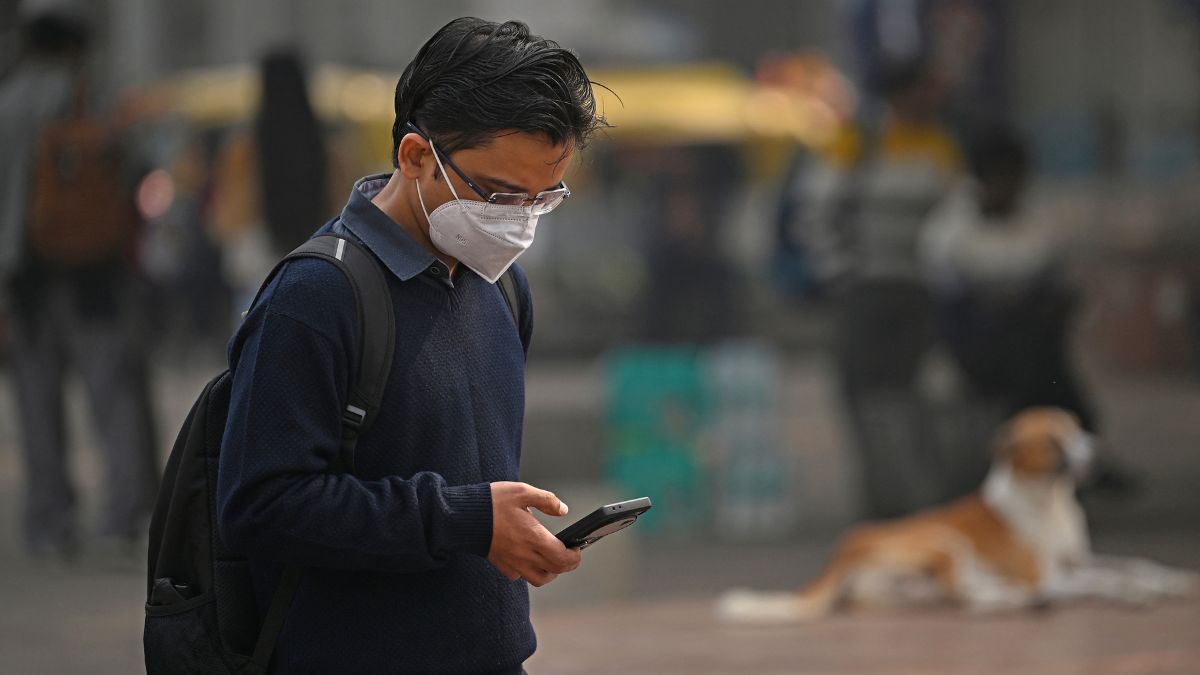)

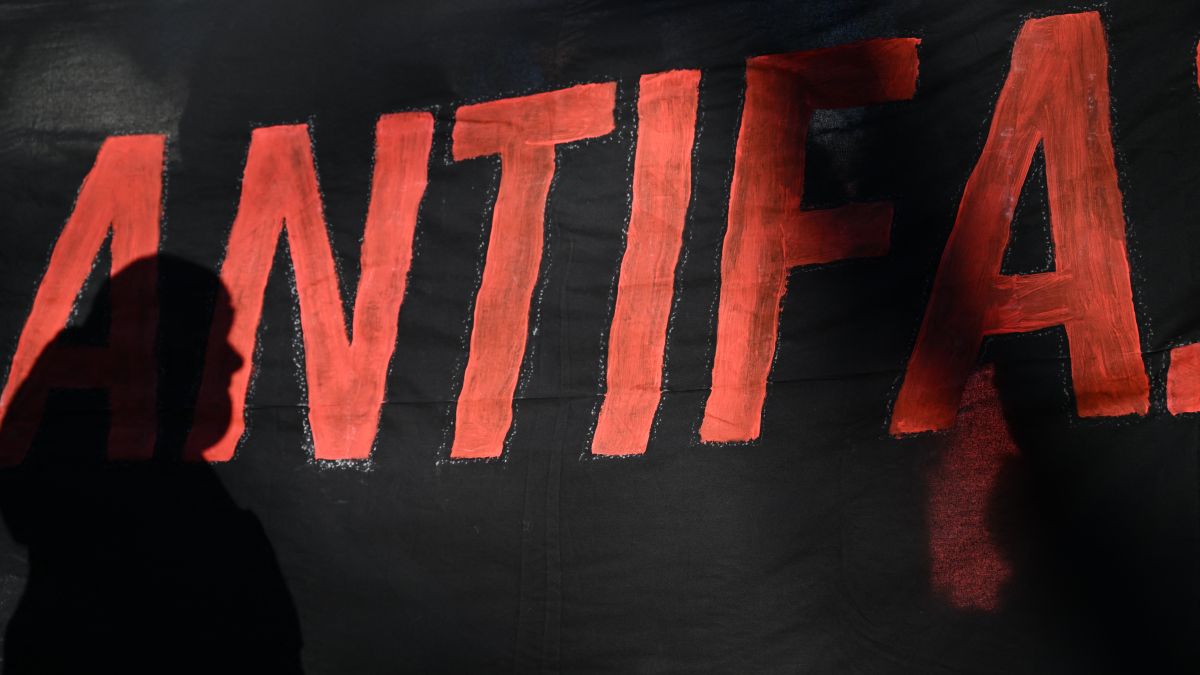)
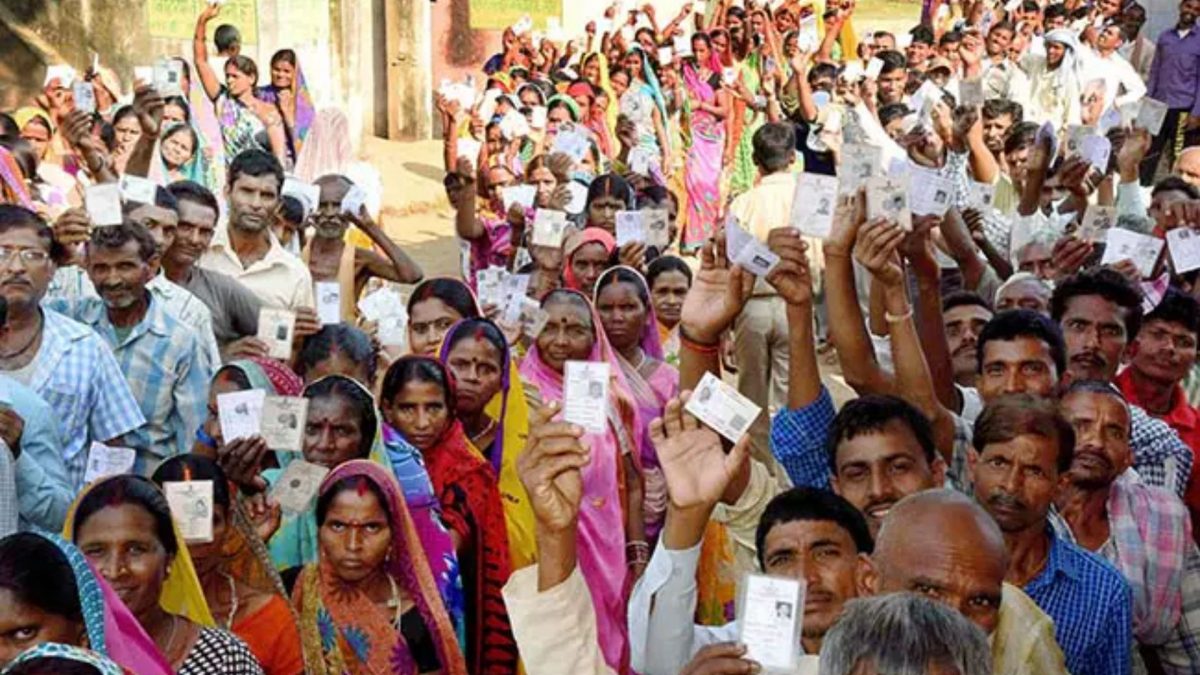)
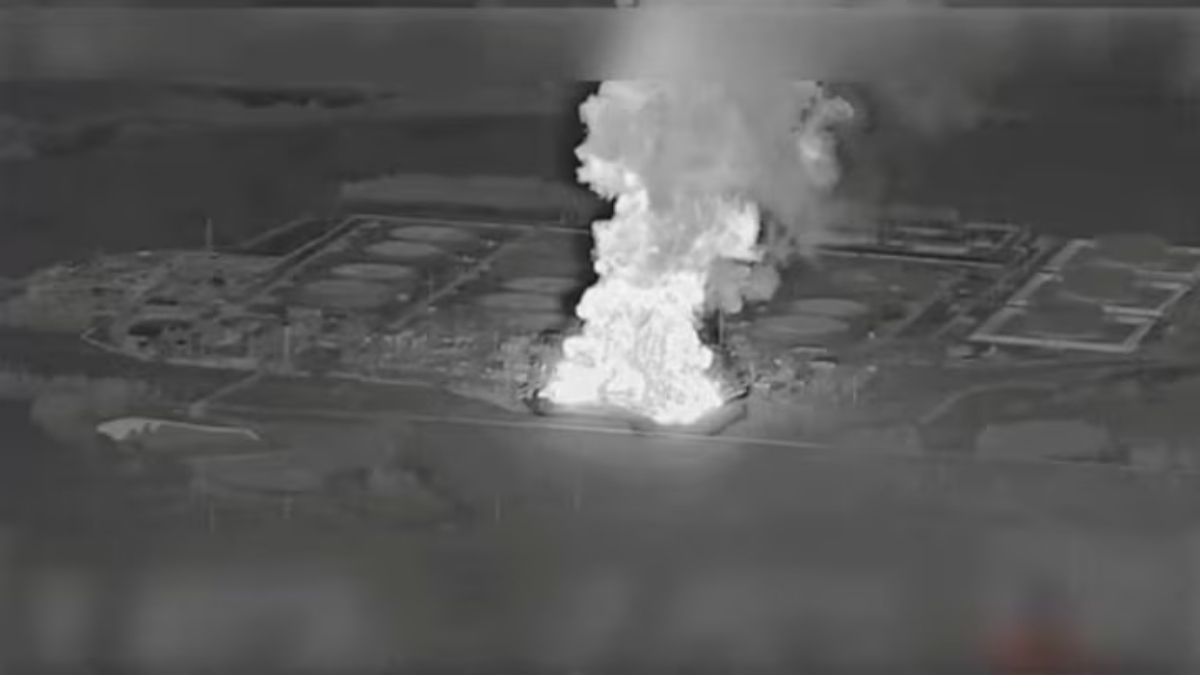)
)
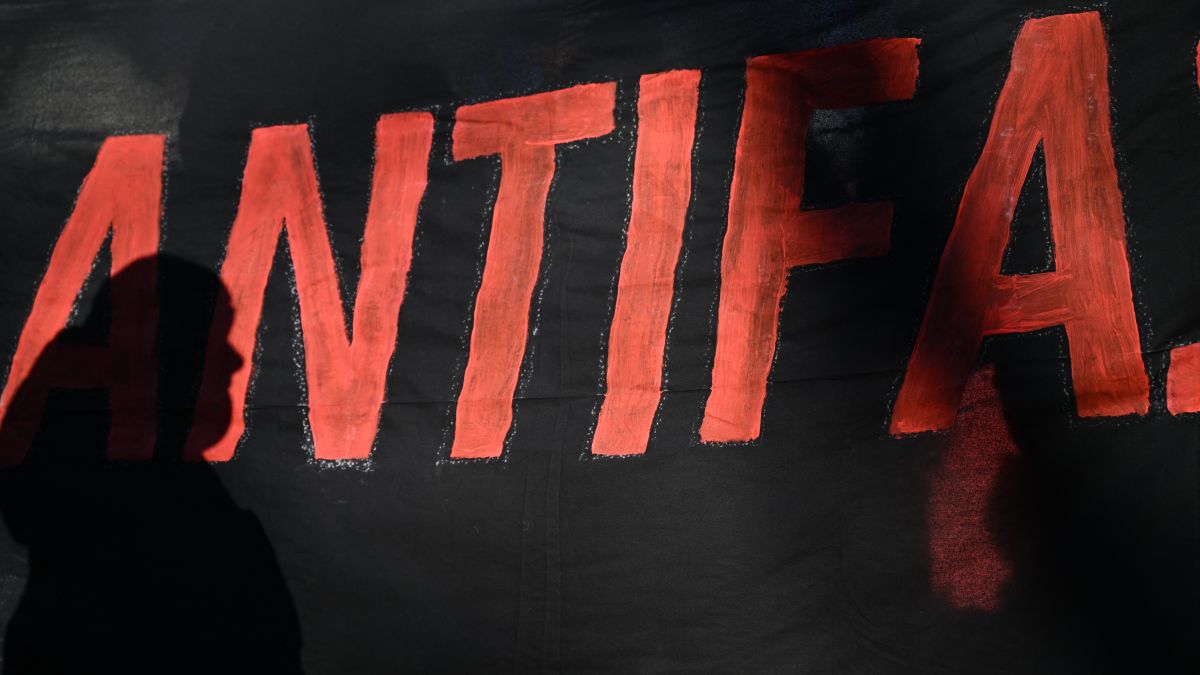)
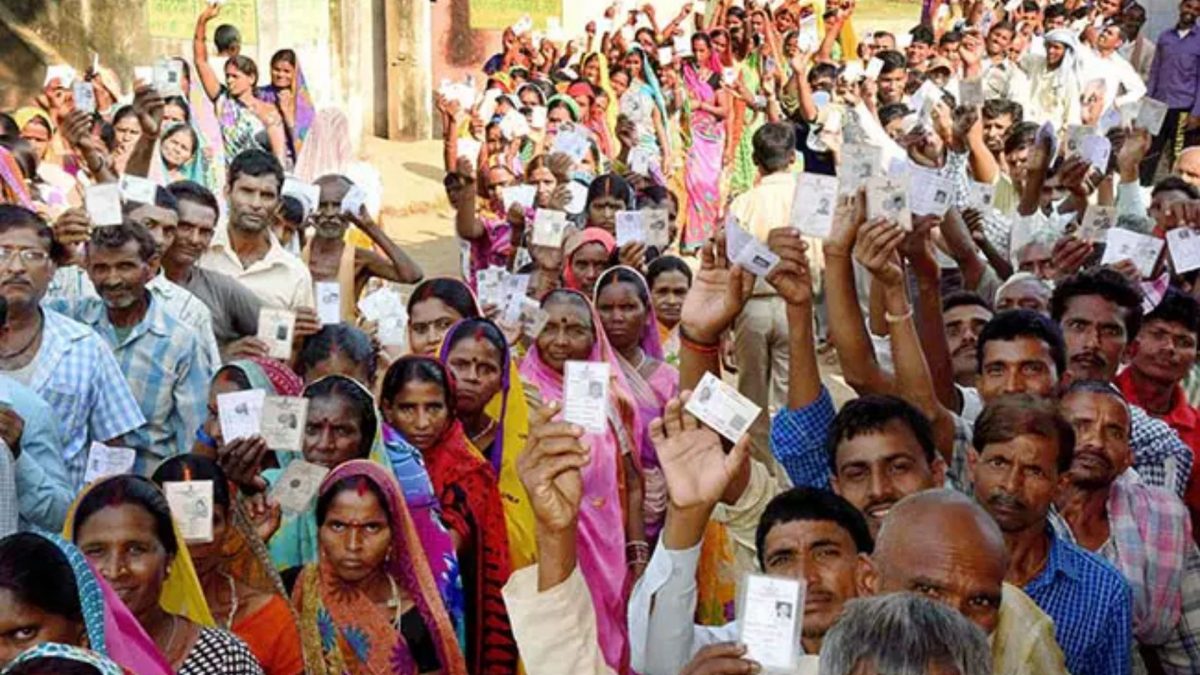)
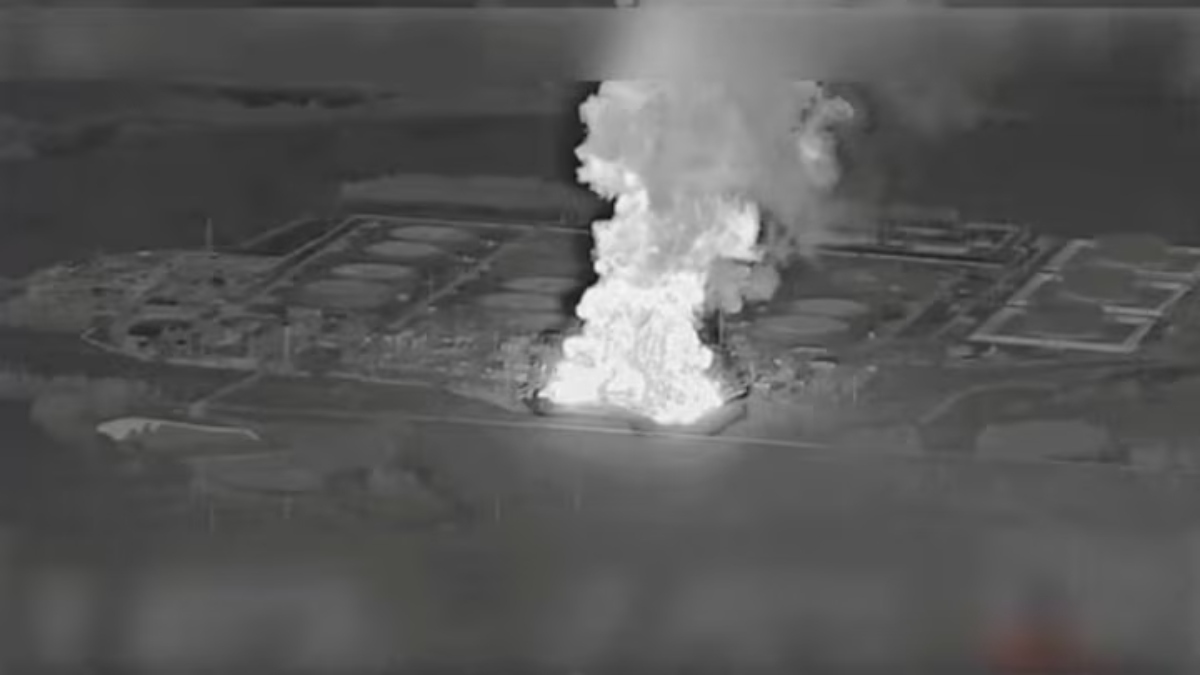)
)



